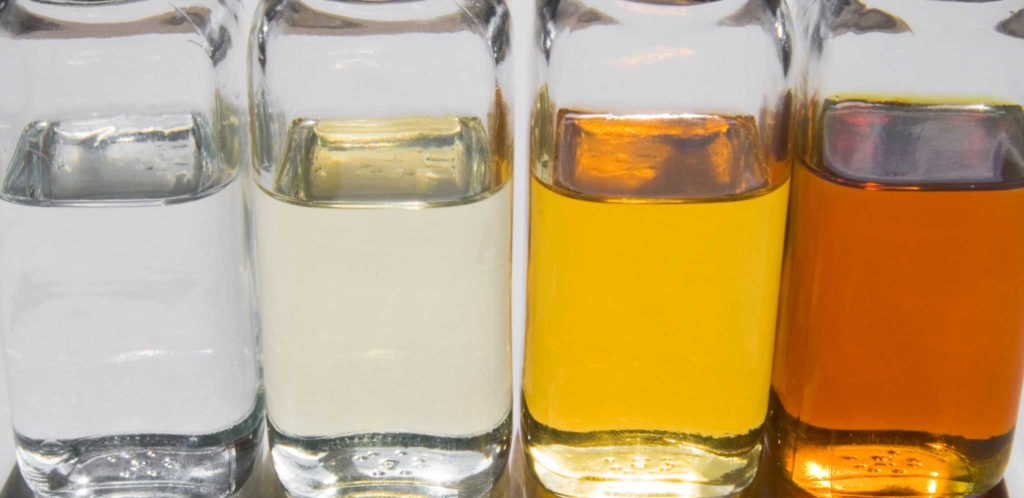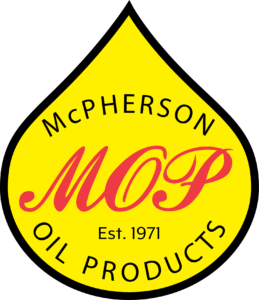Is Reclaiming Oil Right for Your Company?
19 Apr 2019, Posted by in Industry InformationWe discussed Recycling and Used Oil as well the Reclamation of Oil. Now, let’s look at whether it’s right for your company.
Benefits of Reclamation
Keeping your oils in service as long as possible is beneficial to your business in many ways. The cleaner and drier the oil, the longer your machines will last. Therefore, cleaning your oils while they are still in service and not allowing them to be used to the point of no return makes perfect sense.
Typically, reclaimable oils include hydraulic oils, turbine oils, circulating oils for bearing lubrication, paper machine oils, gear oils, quench oils, some metalworking fluids, transformer oils, some synthetics and several specialty fluids.
Next, you need to determine your oil’s remaining useful life through oil analysis. Do not just rely on interval-based oil changes for your reclamation program. You may be leaving the oil in the machine too long. As an experienced oil distributor to conduct the testing and make sure you have a baseline sample from the new oil as a reference for the viscosity, cleanliness and additive levels. This is the best way to know what’s happening to the oils in your machinery and how their life is being impacted.
Plant personnel should be trained to read sample reports and to take samples correctly with the right equipment. You may need to outfit your machinery with better breathers, quick connects and filters to keep as much contamination out of the machines/systems as possible.
Reclamation involves the oil being filtered and cleaned of debris, sludge and fine particles. Many oil reclamation units dry the oil by heating it and applying a vacuum. Vacuum dehydrator units can be utilized onsite and are great assets if the costs can be justified. If not, you will need to have your oils reclaimed offsite.

Selecting a Reclamation Company
In conclusion, all plants should have a coordinated plan for managing used lubricating oil, including how much oil is reclaimed and how much is recycled. Cleaner production methods and a focus on minimizing waste are the first steps to reduce used oil.
However, once the oil reaches the end of its useful life, it should be either reclaimed or recycled. If reclaimed, the oil may continue to serve its designed function for many more operating hours. Rigorous testing and record-keeping will be necessary for this approach.
If the used oil is a mixture of contaminants and waste oils or has been severely degraded and cannot be reclaimed, then it should be reprocessed by a recycler or repurposed into fuel. Of course, all of this is dependent on the type of contamination in the used oil.
Finally, be sure to follow all local laws and the EPA’s regulations for used oils. If you do not, harsh fines may be imposed.
McPherson Oil’s ReNEW staff has over 30 years of experience dealing with industrial lubrications and applications. We have an on staff Chemist that formulates all our Green Industrial Products and several Certified Industrial Specialists to assist with all your lubrication issues. Contact us today and ask how you can get started.
About: McPherson Oil is proud to distribute ExxonMobil products in the southeast including Alabama, Arkansas, Florida Panhandle, Georgia, Louisiana, Mississippi and Tennessee.
Source: Michael C. Brown, Machinery Lubrication Magazine
